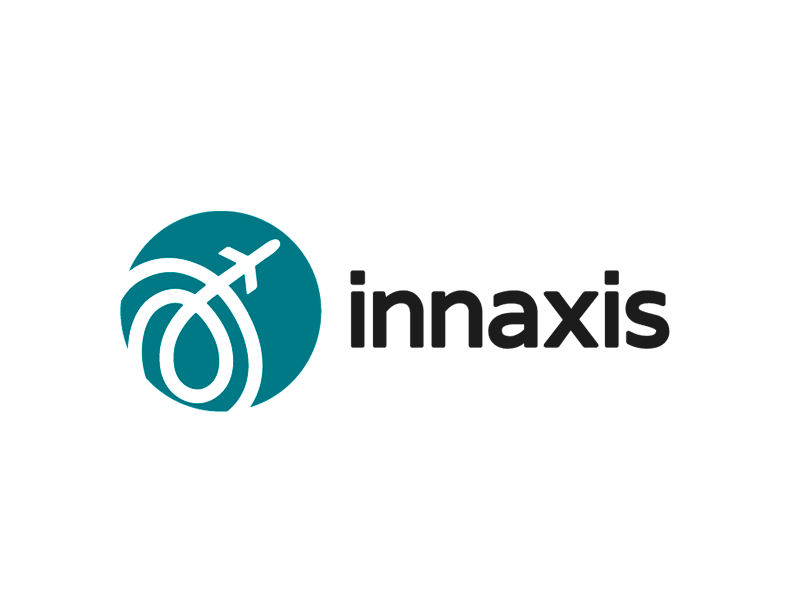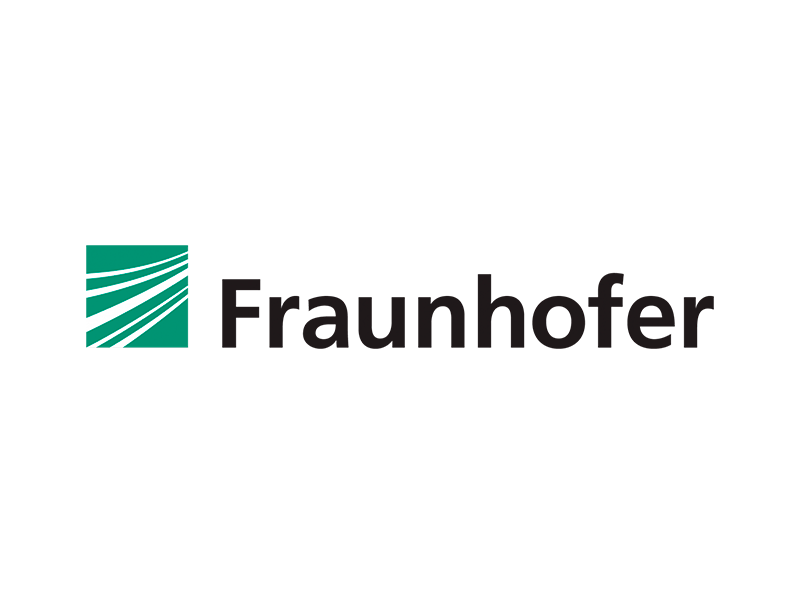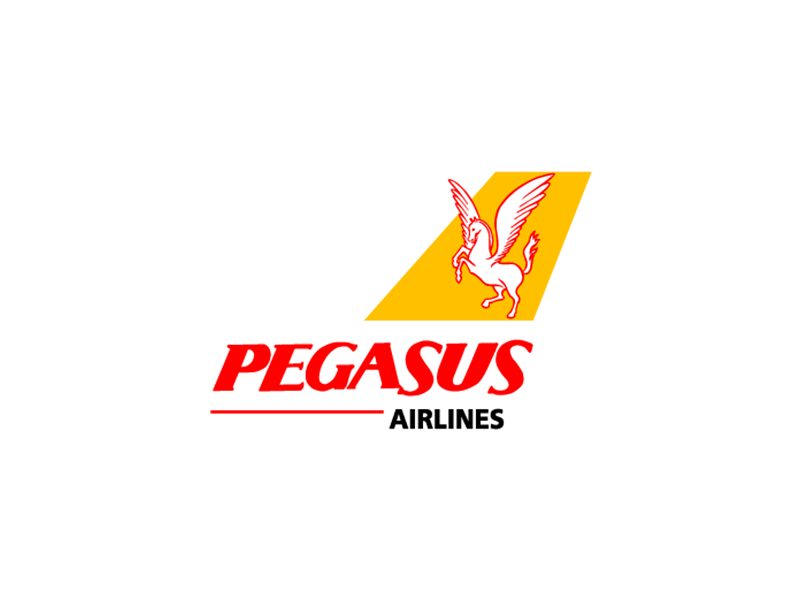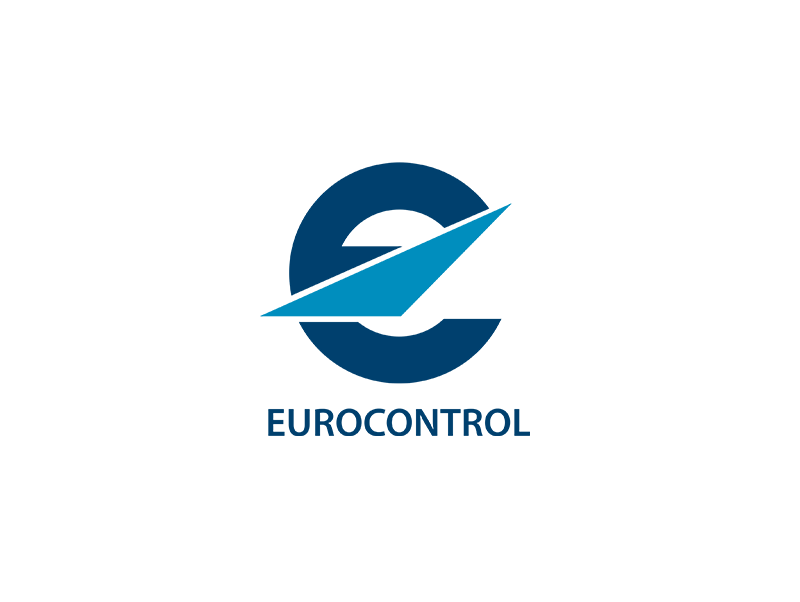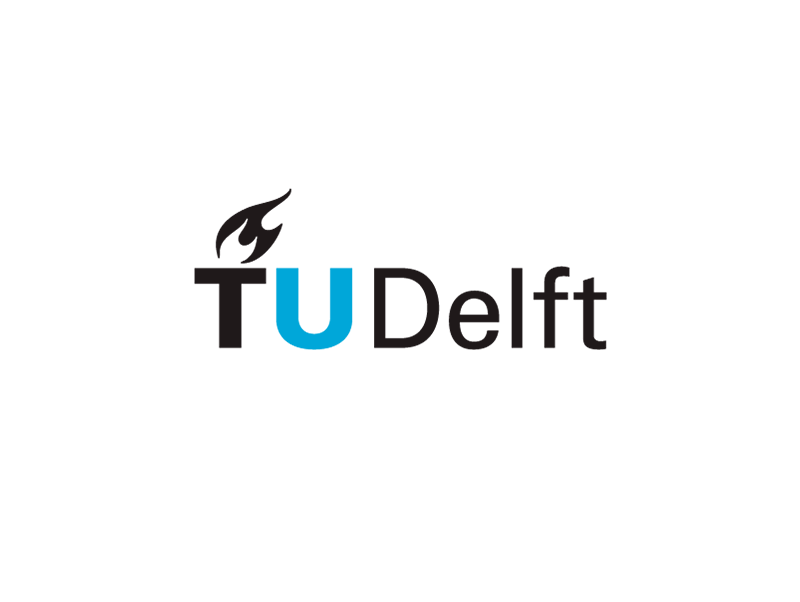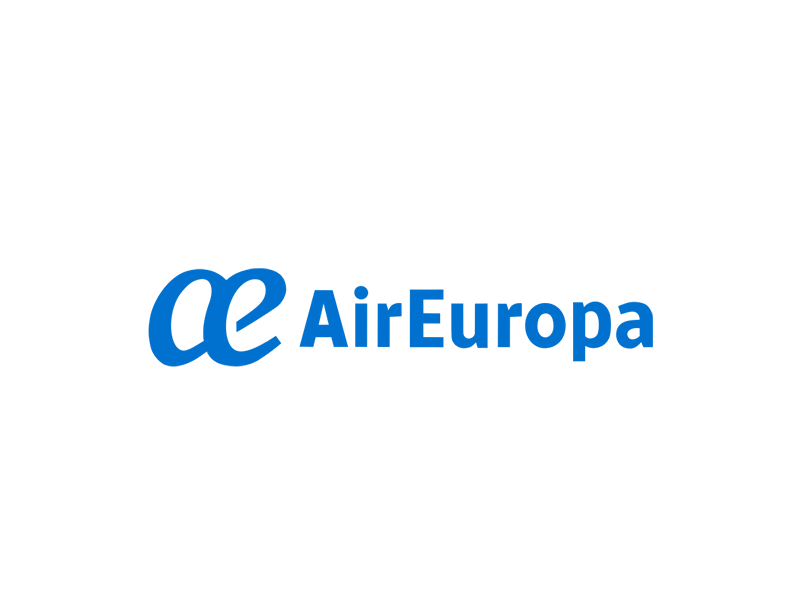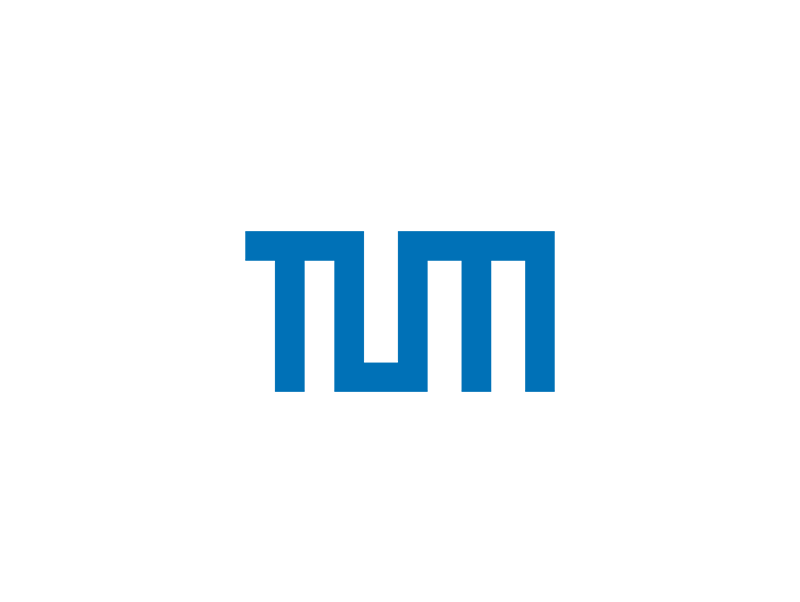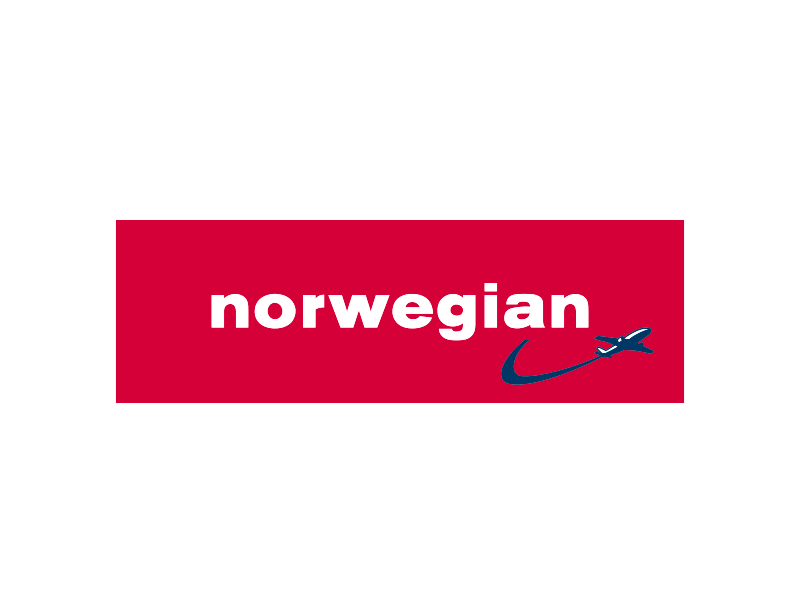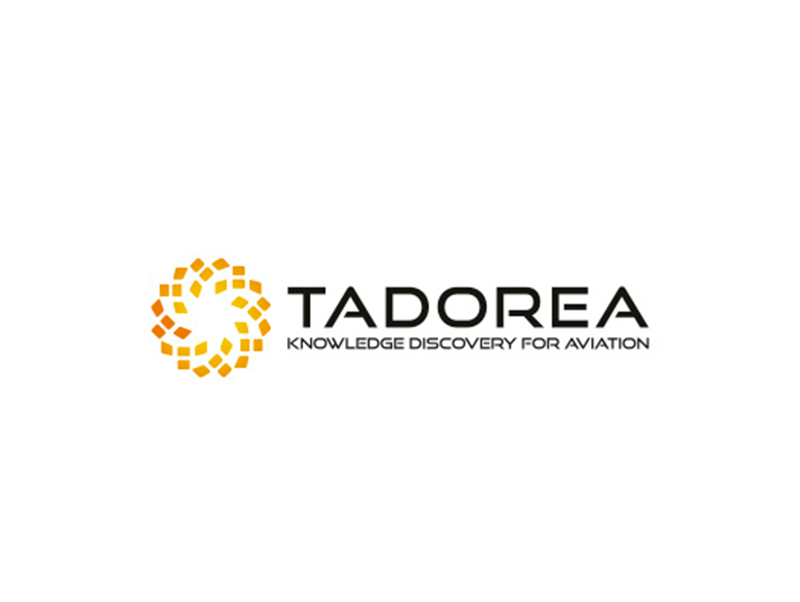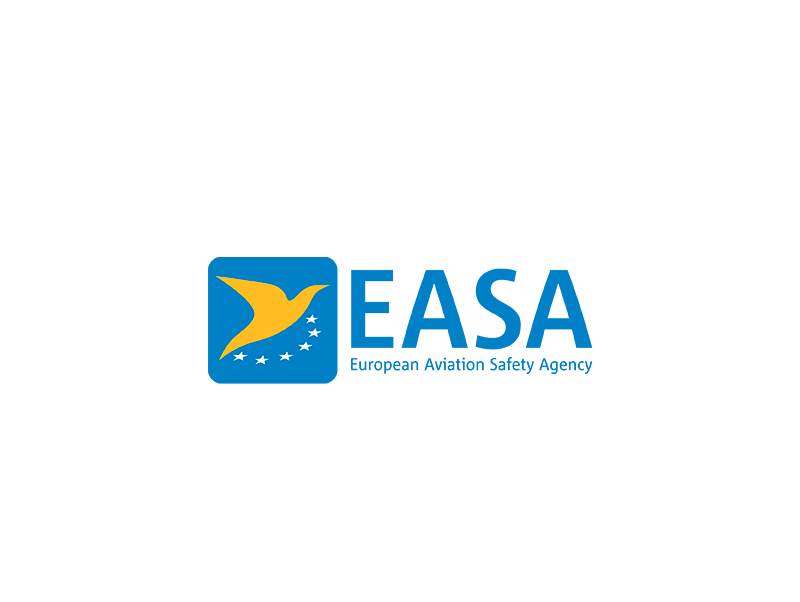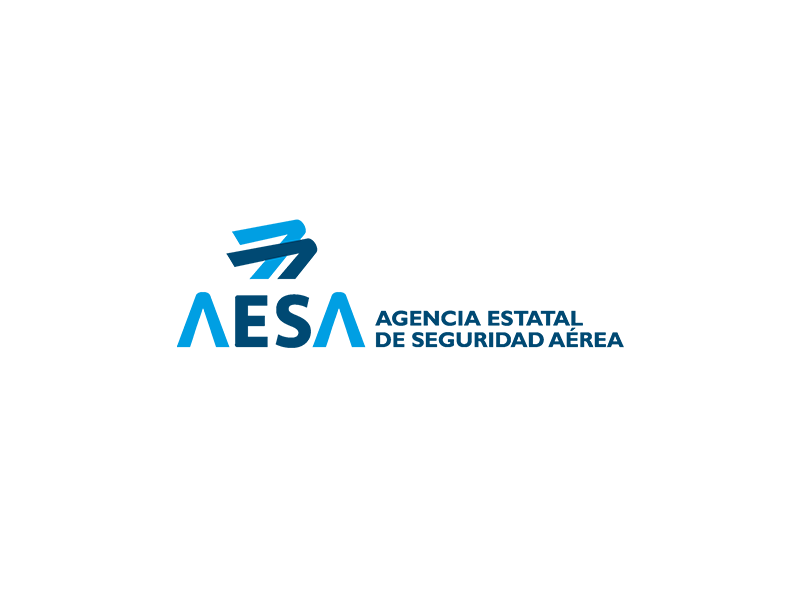SafeClouds is one of the few data-related projects of H2020 – “Addressing aviation safety challenges” MG3.1-2016 call. It was launched October 2016, with a duration of 36 months. SafeClouds has developed AI solutions for a variety of safety scenarios. This has required improving data management tools, including data decoding, formatting and cleaning. The team has developed an ad-hoc AI data platform, DataBeacon, a complete AI development cloud environment capable of scaling up as computational requirements grow.

SafeClouds project
Sharing data to make aviation safer
Aviation growth is challenging airport and airspace operations and introducing greater safety risks due to the increase in volume and complexity of operations. SafeClouds explores how artificial intelligence can improve operational safety by providing predictive analytics on a variety of scenarios. This allows better design of operations and raises awareness of hidden threats; this can, in turn, lead to new operational procedures that increase airports and airspace capacity while improving safety and accommodating traffic growth.
In the years ahead, air traffic is expected to keep growing. This could either compromise safety or exponentially increase the costs of meeting strict safety standards. SafeClouds demonstrates how data analytics, state-of-art ICT and safety intelligence can help to accommodate higher levels of traffic, increasing safety and reducing costs. While improving performance at the cost of safety is not acceptable, it is not realistic not to acknowledge the importance of performing efficiently. AI can ensure the combination of both is correctly measured, through obsessive data analysis.
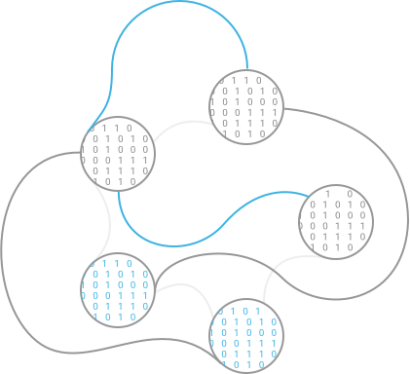
Smart Data Fusion aggregates data sources and enables the merging, cleaning and processing of previously de-identified data. As a result, SDF provides a 360 degree view of safety scenarios even when different stakeholders own different parts of the data and each one of them wants to maintain confidentiality. SDF consolidates different confidential data sources into single data frames, allowing analysts to focus on the analytic development and not data engineering.
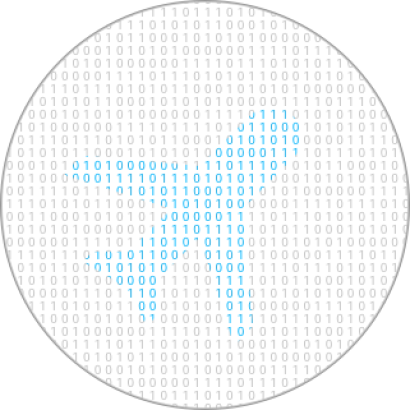
Artificial Intelligence techniques, including deep learning and artificial neural networks, allow the analysis of precursors of safety events. They also automatically predict potential safety hazards, even in real time, so as to support a timely reaction. The techniques and algorithms are tailored, customised and tested for them to be effective in every particular safety scenario: unstable approaches, terrain warnings, mid-air losses of separation and runway safety.
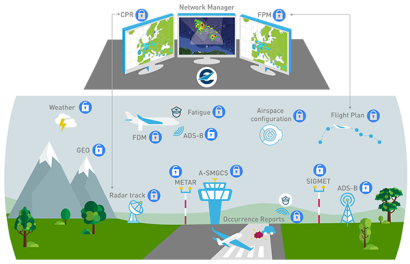
DataBeacon facilitates data analysis work maintaining restrictions on privacy and confidentiality. This allows unprecedented use of large amounts of flight data.
DataBeacon is a scalable, secure, on-demand multi-side computing and data storage platform. that allows fast deployment of AI applications in aviation: as It securely fuses datasets and runs computations over private, confidential data that are isolated from the rest of the platform. There are three computing layers to ensure security, scalability and flexibility for a variety of big data and AI applications for aviation.
Objectives
In order to do this, SafeClouds has developed a complete data cycle approach, which has involved improving data management skills, including data decoding, formatting and cleaning. The team has developed an ad-hoc AI data platform, DataBeacon, a complete AI development cloud environment capable of scaling up as computational requirements grow, which allows data analysts to work incredibly more efficiently than before.
The unparalleled diversity of stakeholders, under a single AI effort, has allowed SafeClouds to be the first project to merge different data sources securely, supporting four safety scenarios that are not addressable without collaboration across aviation actors. The main objective of SafeClouds is information-driven analysis of hazard identification in aviation.
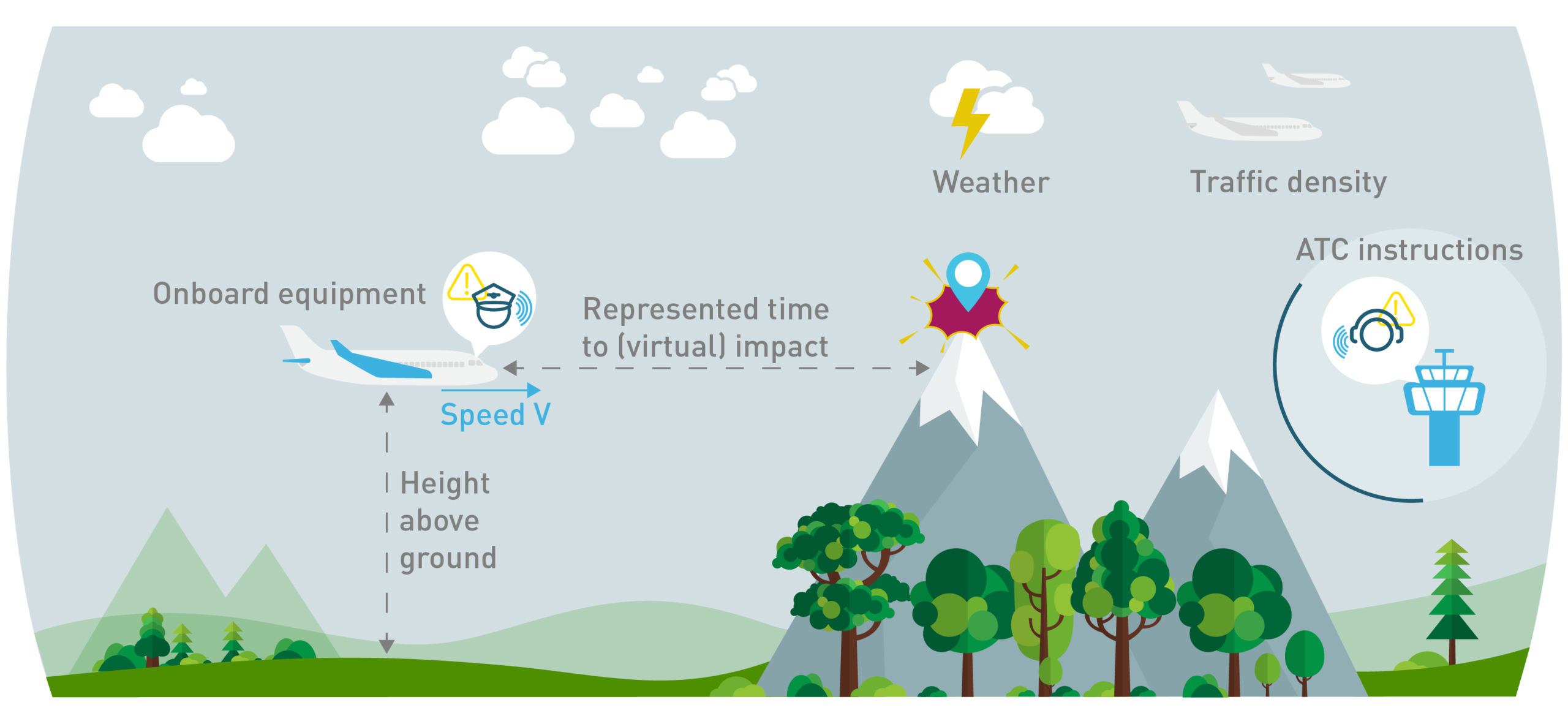
Partners
The SafeClouds consortium is comprised of a complete aviation stakeholders team, coordinated by Innaxis with the inclusion of five airlines (Air Europa, Iberia, Vueling, Norwegian, and Pegasus), IT infrastructure experts (Fraunhofer ITWM and Tadorea), ANSPs (LFV and ENAIRE-CRIDA), three universities (TU Münich, TU Delft, and Linköping University), Eurocontrol and authorities (EASA and AESA).
Safeclouds.eu: A project coordinated by
The Innaxis Foundation and Research Institute

Innaxis ©
[email protected]
